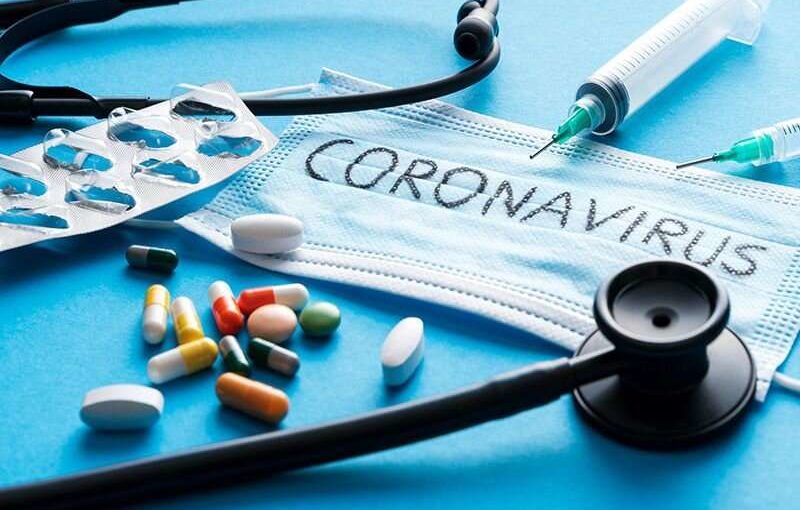A pill to treat COVID-19 is in the works—and it could be a game-changer. It’s called molnupiravir, and it’s made by Merck and Ridgeback Biotherapeutics.
We asked Shivanjali Shankaran, MD, director of inpatient general infectious diseases and an assistant professor at Rush University Medical Center, to explain how the pill works and what kind of impact it could have on the pandemic if it is approved by the U.S. Food and Drug Administration.
What is the COVID-19 pill, and how does it work?
Molnupiravir is an antiviral pill that prevents the virus that causes COVID-19 from multiplying. “If the virus isn’t able to multiply, it essentially dies out,” Shankaran says.
Based on an interim analysis of data from 775 patients with mild-to-moderate COVID-19, Merck said the drug reduced the risk of hospitalization and death by about 50%. The pill even appeared to be effective in people with risk factors like obesity or diabetes that put them at risk for severe COVID-19. The pill was equally effective against different COVID-19 variants, including Delta. However, not all of the data is available yet. “We will understand more as it comes out,” Shankaran says.
The drug also seemed to decrease “shedding” of the virus, which could help prevent spreading it to others, Shankaran says. “If we have access to a drug that not only decreases your risk of progression to significant disease but also decreases your likelihood of shedding the virus or means you shed the virus for a shorter period of time, we would have fewer people who would get sick,” she says. “That, in combination with the vaccines, would hopefully slow down the pandemic.”
In October, Merck said it would ask the FDA to authorize the drug for emergency use.
How is this pill different from other COVID-19 treatments?
Right now, the only treatment approved for COVID-19 is remdesivir, an antiviral drug that is delivered intravenously (through a vein) for five days. It is only approved for treating patients who are hospitalized for COVID.
However, a pill that people with COVID-19 could take at home would much more convenient and accessible, Shankaran says.
How would Merck’s COVID-19 pill be used by providers at Rush?
Having an oral treatment for COVID-19 could help make the disease more manageable, similar to how physicians treat the seasonal flu, Shankaran says.
She predicts that the pill would likely be prescribed as soon as COVID-19 is confirmed to prevent people from developing more serious symptoms. “With COVID, the virus is actively multiplying in the first seven to 10 days. If you’re using an antiviral drug to prevent that multiplication, you want to do it during that time,” she says.
How long does treatment with Merck’s COVID-19 pill last?
In clinical trials, patients took the pill twice a day for five days, Shankaran says.
What side effects does the COVID-19 pill cause?
Based on the data that’s available so far, it appears that the pill is well tolerated, Shankaran says. “Patients had some headaches and some insomnia, but in general, they didn’t have significant adverse events,” she says, adding that when providers have more data to analyze, it will help guide their decision-making.
When will Merck’s pill for COVID-19 likely be approved and available for use?
Shankaran says it’s too soon to tell when the FDA might make the decision on the pill. It’s also not clear how the drug would be distributed across the country.
Could a pill to treat COVID-19 take the place of vaccines?
“While it’s always good to have more options that are effective and safe for the patient, the pill is not going to be a substitute for the vaccines,” Shankaran says.
Vaccines will still be critical to tackling COVID-19 because they can prevent many infections, particularly the severe cases requiring hospitalization. But if someone does get COVID-19 whether or not they are vaccinated, the pill could help prevent them from developing significant illness, she says.
Laura Hegwer, Rush University Medical Center


